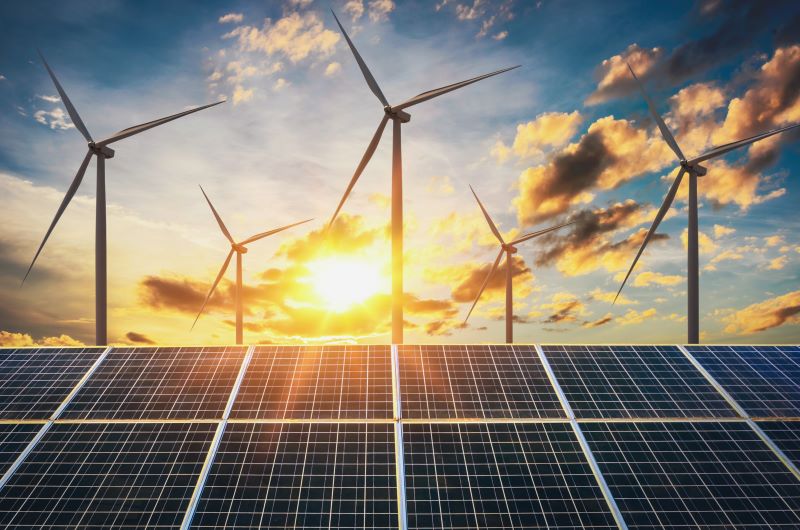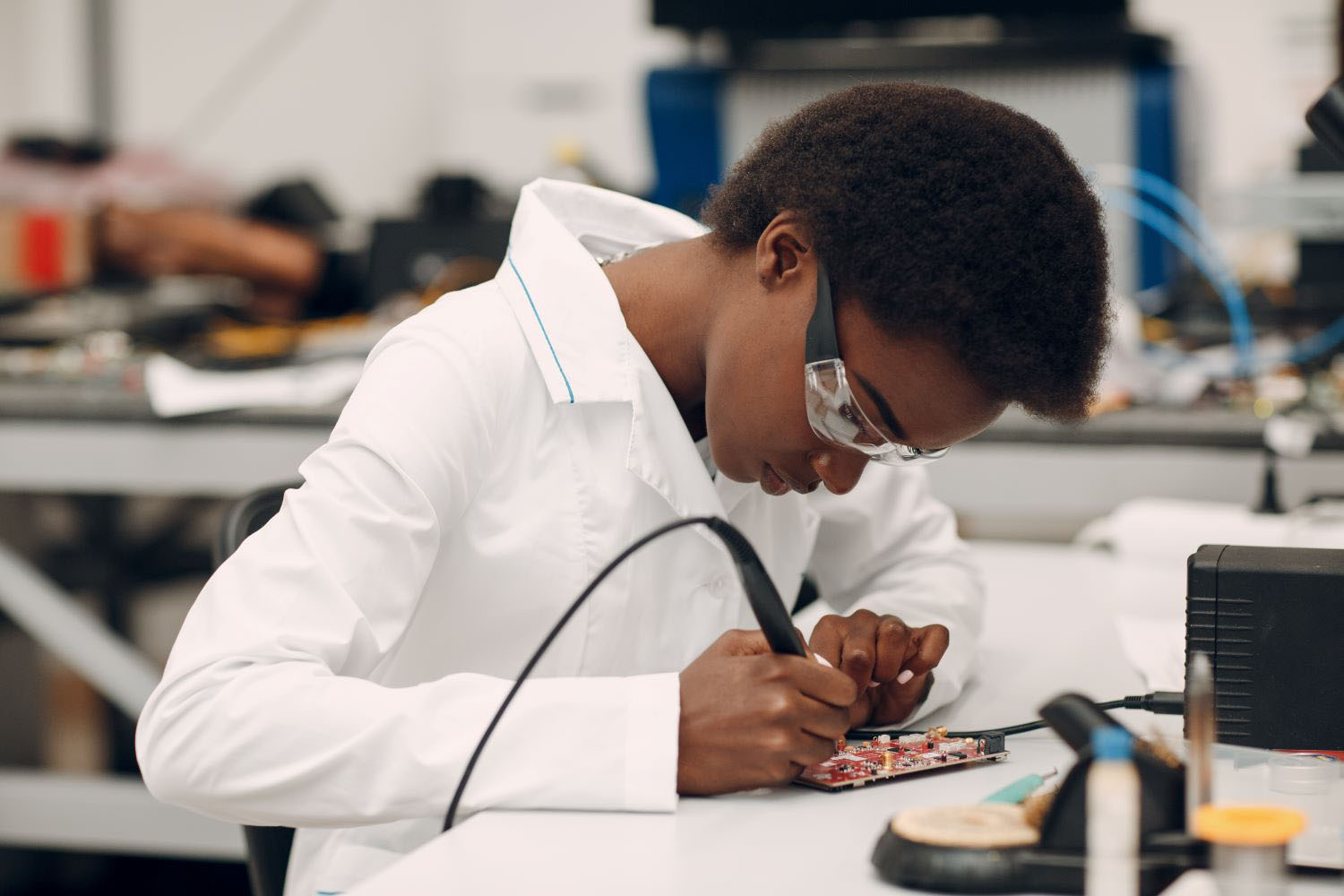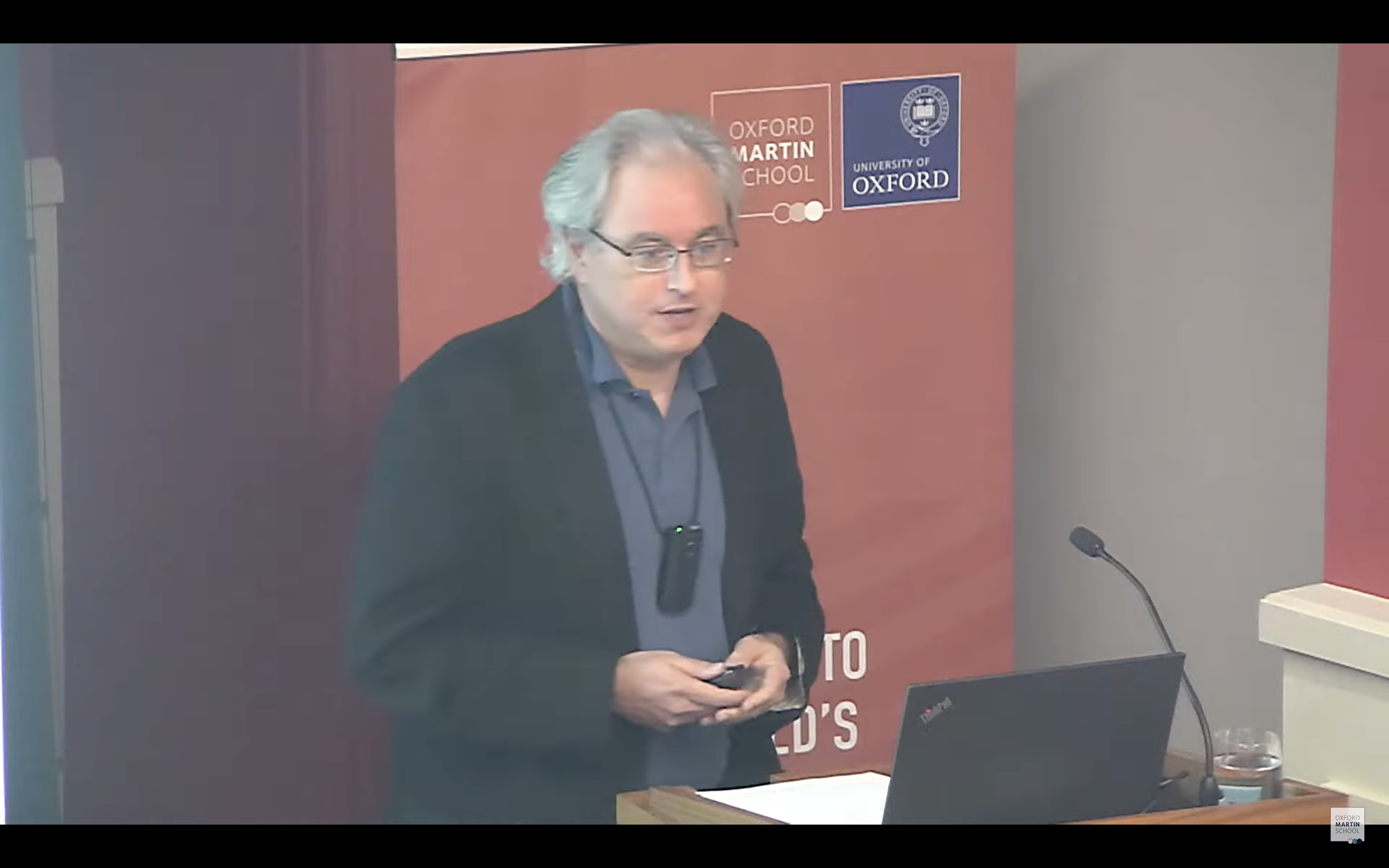January 15, 2009
Development was a prominent theme in Tuesday's Senate confirmation hearing for Secretary of State–designate. Hillary Rodham Clinton mentioned “development assistance" or "development aid" roughly three times more than outgoing Secretary of State Condoleezza Rice did during her confirmation hearing in January 2005. And members of the Senate Foreign Relations Committee expressed more interest in the topic, with mentions of these terms up by half compared to the January 2005 hearing (full transcript). I'm guessing this welcome boost in attention reflects a combination of changing times and the interests of the person being confirmed.Whatever the explanation, Clinton's focus on development and other aspects of so-called "smart power" brought fresh attention to ideas that are already very familiar to our community. Politico said these ideas are "new", while CNN, MSNBC, Bloomberg and a range of other media sources also devoted considerable space to the "smart power" concept. In fact, "smart power" became an inside-the-beltway buzz word as early as a 2004 Foreign Affairs article by Suzanne Nossel and was the focus of the CSIS Commission on Smart Power and the Center for U.S. Global Engagement’s Smart Power: Building a Better, Safer World framework.It's great to see the concept of more balanced defense, development and diplomacy finally getting attention in the mainstream media—a feat made possible by the huge attention that Hillary Clinton brings to her new post. (ForeignPolicy.com's excellent new blogs The Cable and Madam Secretary have had great coverage of the hearing and related issues and they also posted a timely op-ed by Oxfam President Ray Offenheiser on The Advisors Obama is Missing.)In her opening statement, and answers to the Senators' questions, Clinton covered a number of other topics near and dear to global development watchers. Here's what she said on just a few of them:
Modernizing U.S. foreign assistance
: "Well you have, you know, my commitment that [modernizing foreign assistance] will be pursued vigorously. It is an area that I care deeply about. It is where much of my, you know, early public voluntary efforts were directed. And I am hopeful, Senator, that we're going to put in place a system that will, number one, rationalize what we have there now, and not only within the State Department and USAID, but as you know, there are pockets of foreign aid programs across the government that are technically under the coordination of the secretary, but are not really working together as they should…I am determined that we're going to present to you a plan and a system that will try to maximize coordination, minimize redundancy and make the case for the increased resources that are so desperately needed if we intend to meet the missions that we've been given."Climate change: "Climate change is an unambiguous security threat. At the extreme, it threatens our very existence. But well before that point, it could well incite new wars of an old kind over basic resources like food, water, and arable land. President-elect Obama has said America must be a leader in developing and implementing a global and coordinated effort to climate change. We will participate in the upcoming UN Copenhagen climate conference and a global energy forum and will pursue an energy policy that reduces our carbon emissions while reducing our dependence on foreign oil and gas, fighting climate change and enhancing our economic and energy security."Women and girls in poor countries: "Of particular concern to me is the plight of women and girls, who comprise the majority of the world's unhealthy, unschooled, unfed and unpaid. If the half of the world's population remains vulnerable to economic, political, legal, and social marginalization, our hope of advancing democracy and prosperity will remain in serious jeopardy."The global economic crisis: "Economic growth has lifted more people out of poverty faster than at any time in history, but economic crises can sweep across the globe even more quickly."
Embedded video from CNN Video
Clinton also submitted answers to more than 300 written questions for the record from Kerry and Lugar that say more about the administration's thinking on balancing defense, development and diplomacy; the global economic crisis; climate change; and global health, hunger and poverty. In her answers, Clinton gives a rundown of the key development priorities for the administration:- Fighting extreme global poverty
- Achieving the Millennium Development Goals
- Fighting corruption
- Eliminating the global education deficit
- Enhancing U.S. leadership in the effort to combat HIV/AIDS, malaria and tuberculosis
- Improving global health infrastructure
- Providing sustainable debt relief to developing countries
- Expanding prosperity through training, partnerships and expanded opportunities for small and medium enterprise
- Supporting developing countries in adapting to climate changes
- Reforming the IMF and World Bank
- Supporting effective, accountable and democratic institutions.
Even under the best of circumstances, our nation cannot solve every problem or meet every global need. We don't have unlimited time, treasure, or manpower, especially with our own economy faltering and our budget deficits growing. So, to fulfill our responsibility to our children, to protect and defend our nation, while honoring our values, we have to establish priorities.But she also added a dash of hope, tapping into American history and values:
In spite of all the adversity and complexity, there are so many opportunities for America out there, calling forth the optimism and can-do spirit that has marked our progress for more than two centuries.This is only a flavor of how the next administration's global development agenda is shaping up. But the greatly increased prominence of global development and smart power in Tuesday's hearing suggests that these topics will be getting increased attention in the administration, at the State Department, in Congress and even in the mainstream media in the months to come.
Disclaimer
CGD blog posts reflect the views of the authors, drawing on prior research and experience in their areas of expertise. CGD is a nonpartisan, independent organization and does not take institutional positions.





